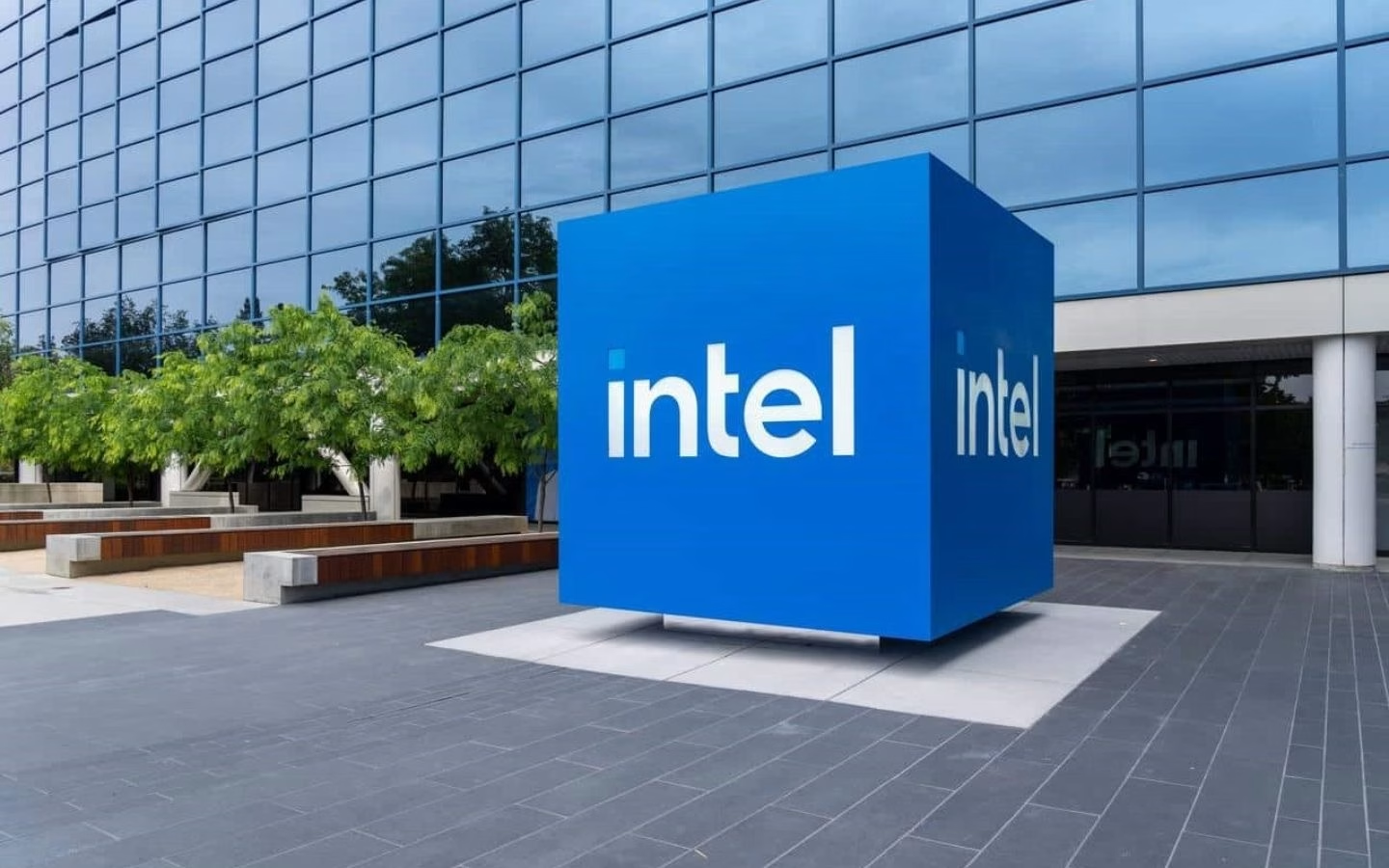AMD in Early Talks to Utilize Intel Foundry Services, Report Suggests
In a potentially seismic development for the semiconductor industry, Advanced Micro Devices (AMD) is reportedly engaged in preliminary discussions with Intel to become a customer of Intel Foundry Services (IFS). This news, first reported by Semafor, signifies a rare moment where two long-standing rivals might collaborate on manufacturing, underscoring a broader trend of companies seeking to diversify their chip production and bolster domestic supply chains.
The implications of such a partnership are significant, potentially reshaping the competitive dynamics between AMD, Intel, and their primary foundry partner, TSMC. While these talks are described as being in their nascent stages, the mere consideration of AMD utilizing Intel's manufacturing capabilities is enough to set industry watchers abuzz. It's a clear indicator of the strategic shifts underway in a sector increasingly vital to global economies and national security.
A Strategic Pivot for Chip Manufacturing
AMD has historically relied heavily on Taiwan Semiconductor Manufacturing Company (TSMC) for the production of its cutting-edge processors and graphics chips, including its popular Ryzen CPUs and Radeon GPUs. This relationship has been a cornerstone of AMD's resurgence, allowing it to leverage TSMC's advanced process nodes and massive manufacturing scale. However, recent years have highlighted the vulnerabilities inherent in such concentrated supply chains, from capacity constraints to geopolitical tensions.
Intel's aggressive push into the foundry business, spearheaded by its ambitious "IDM 2.0" strategy, aims to position the company as a major player in contract chip manufacturing. By opening its fabs to external customers, Intel seeks to leverage its existing infrastructure and invest heavily in next-generation process technologies, such as the highly anticipated 18A node. For AMD, exploring Intel Foundry Services could offer a compelling alternative or supplement to its current manufacturing arrangements, potentially mitigating risks associated with its reliance on TSMC and tapping into the growing incentives for domestic chip production.
The Geopolitical and Economic Landscape
The timing of these discussions is far from coincidental. Governments worldwide, particularly the United States, have been actively promoting onshoring of critical industries, with semiconductor manufacturing at the forefront. The U.S. CHIPS and Science Act, for instance, has poured billions into incentivizing domestic chip production and research. Intel has been a major beneficiary of these initiatives, securing substantial funding for its expanding fabrication facilities across the U.S.
For AMD, aligning with Intel's U.S.-based fabs could offer several strategic advantages. It could reduce lead times, mitigate potential tariff impacts, and align with national security objectives. Furthermore, as the demand for high-performance computing and AI accelerators continues to skyrocket, diversifying manufacturing options becomes increasingly crucial for ensuring supply continuity and meeting market demand. This potential collaboration could be seen as a win-win, bolstering Intel's foundry business while providing AMD with greater manufacturing flexibility.
Market Reactions and Future Outlook
News of these early-stage talks has already generated considerable buzz in the financial markets. Intel's stock has seen a notable uptick following the reports, reflecting investor optimism about the potential for new, high-profile foundry customers. Analysts, however, remain cautiously optimistic, acknowledging the significant technical and logistical hurdles involved in such a partnership.
The prospect of AMD and Intel, long-time competitors in the CPU market, collaborating on manufacturing is indeed striking. It raises questions about the scale of production AMD might consider outsourcing, whether it would involve specific product lines, and the potential for deeper strategic alliances, perhaps even including equity investments, similar to recent moves by other tech giants with Intel Foundry Services.
While no official confirmation has been issued by either company, the mere fact that these discussions are reportedly underway signals a significant shift in the semiconductor landscape. The coming months will be critical in determining whether these preliminary talks can mature into a concrete manufacturing agreement, one that could have far-reaching consequences for the industry and the future of chip production. It's a developing story that warrants close attention.
